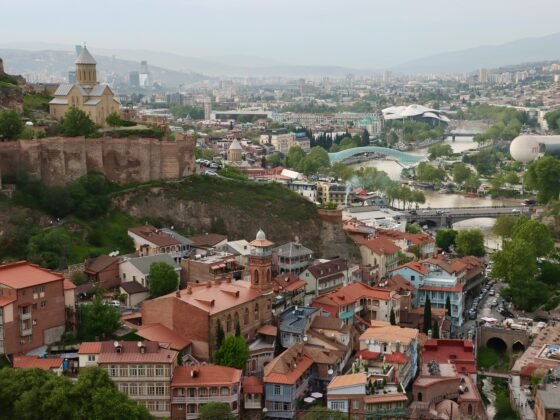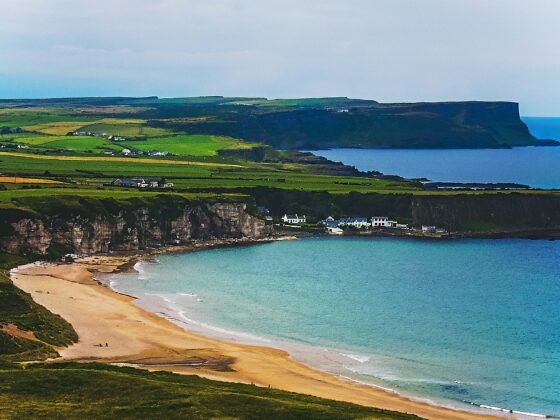Africa is a big place. Its has deserts, rain forests, highlands, lowlands, mountains and hills. Its surrounded by oceans, each with their own unique weather systems that bring prevailing weather that then gets distorted and deflected by the geological features. Throw in the recent changes to traditional weather patterns, brought on by the warming of the oceans through global warming, and you’d think it would be a weatherman’s nightmare to predict weather in this diverse and fascinating continents.
There are, however, traditional weather patterns that are a good guide on when to plan your safari to Africa. Of courses the weather is the weather, it changes and does not always do what it is supposed to. As a rule though, it is predictable. But bear in mind that the weather is not the only factor to consider when planning your trip. Your interests should also be considered when making your decision of when to go. Different seasons are better for different types of animals, birds and flora, so travelling during the wet season could be just the right time for you to get the most out of your visit.
Likewise price may be a factor. Rainy season in many places do not mean you won’t be able to see the animals, but it will mean that the prices are reduced and it is often much less busy.
In Kenya and Tanzania, the main rains fall between April and May. They can start in late March, they can finish in early June. Rain normally consists of the clouds building for a late afternoon downpour but it is wetter on the coast and very humid. The sea is rougher and no good for snorkling.
In Botswana and Zambia, the rains come in late December until March. Called the Emerald season, it offers large savings on the normal high peak season rates, great game-viewing and a dazzling green back drop. Some of the smaller mobile camps are closed but most accommodation remains open. Its a great light for photography.
Being at the tip of Africa, South Africa has season that are the opposite to Europe – its summer is December to February and its winter July- August. During the winter the Cape Provinces can be windy and wet but to the north many areas remain dry. There is certainly always somewhere to go and with such a diverse and interesting country you will always find reserves and parks offering great wildlife.












